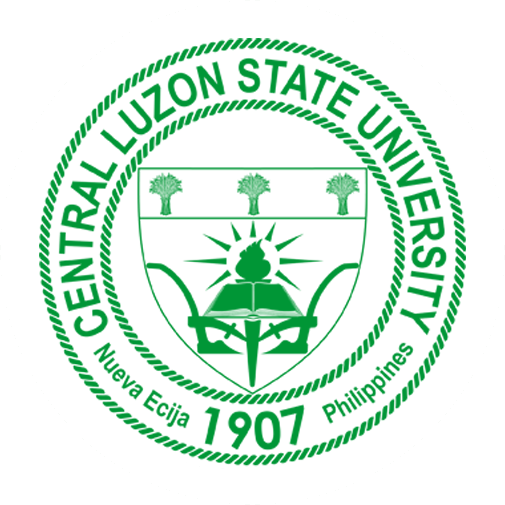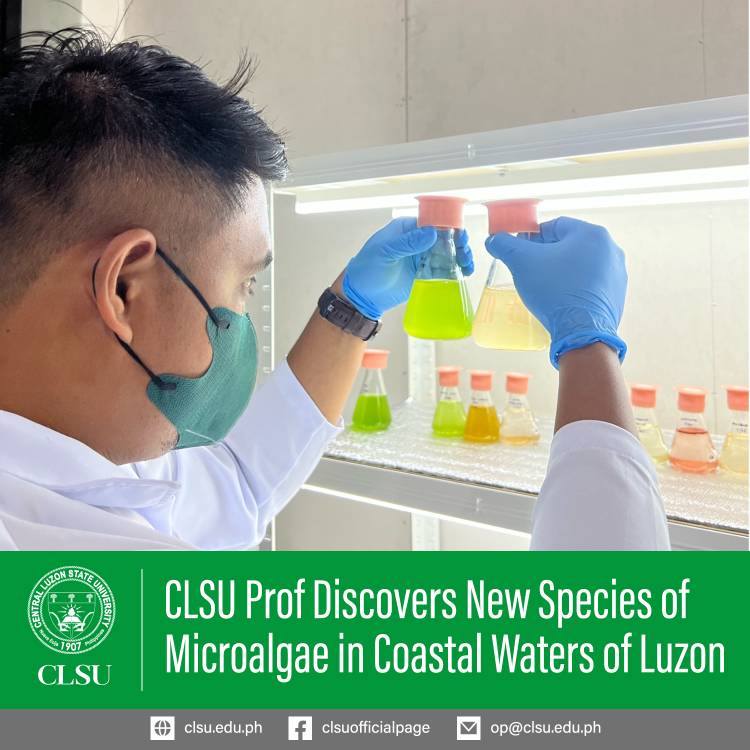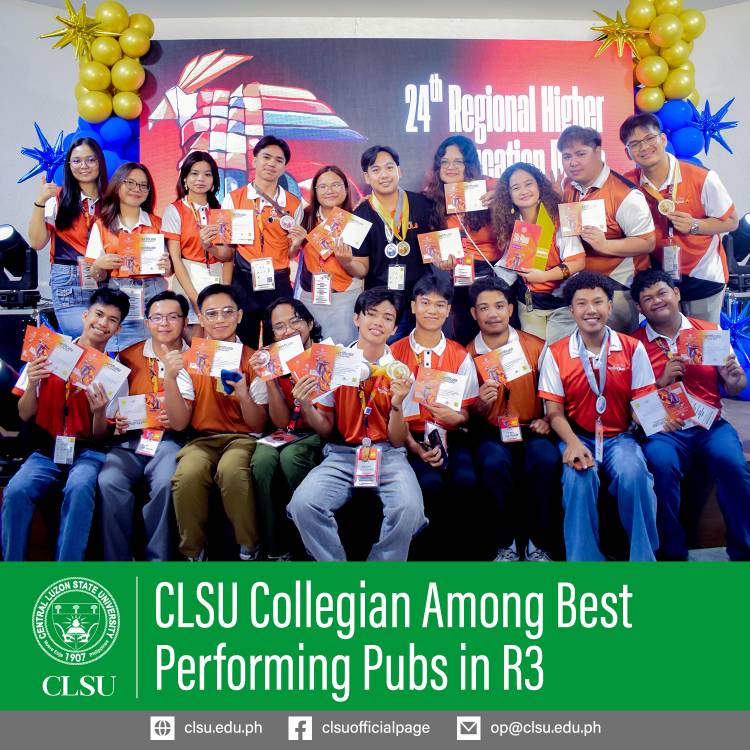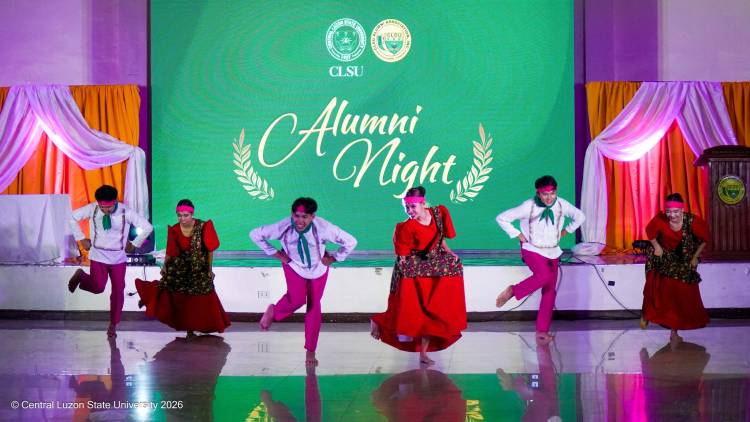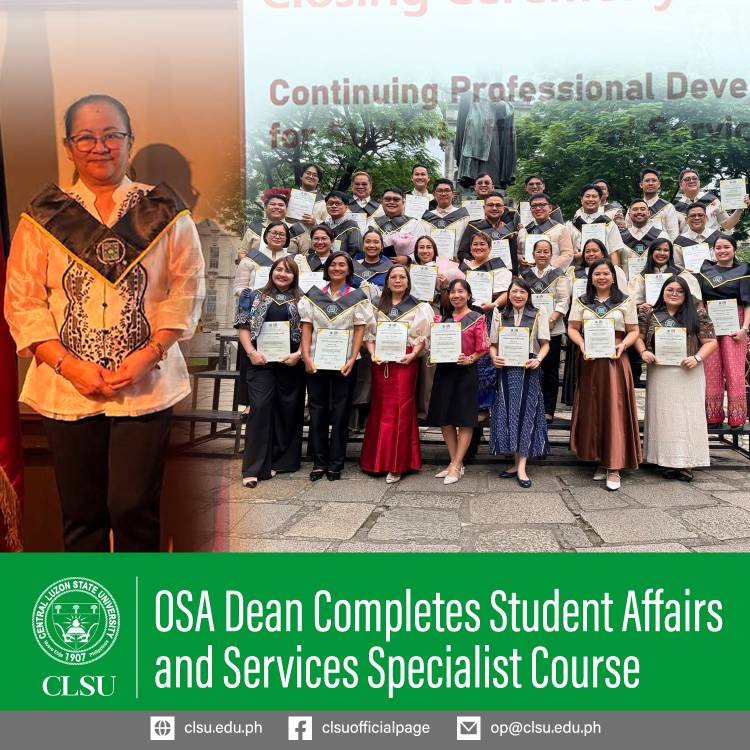CLSU Collegian among best performing pubs in R3
Central Luzon State University’s (CLSU) official student publication, CLSU Collegian, once again reaffirmed its journalistic competence after securing the 3rd and 5th placements of the individual and group events, respectively, among 42 participating publications during the 24th Regional Higher Education Press Conference (RHEPC) in Arayat, Pampanga. Securing 21 awards in the individual events to place 3rd overall, several staff from the publication who placed fifth and higher, will qualify for the Luzonwide Higher Education Press Conference (LHEPC) in Tuguegarao City on March 17-19. The individual awards were secured by the following: Reyan Dehl Moreno - 1st Individual Highest Pointer - 1st Place Digital Literary Graphics (English) - LHEPC QUALIFIER - 1st place Digital Editorial Cartooning (English) - LHEPC QUALIFIER - 4th Place Digital Comic Strip (English) - LHEPC QUALIFIER Vince JC Macadangdang - 5th Individual Highest Pointer - 1st Place Poetry Writing (Filipino) - LHEPC QUALIFIER - 2nd Place Opinion Writing (Filipino) - LHEPC QUALIFIER Karl Roy Toralba - 1st Place Sports Writing (Filipino) - LHEPC QUALIFIER Merwin Lad Velasco - 2nd Place Layouting - LHEPC QUALIFIER Noel Manubay - 3rd Place Feature Writing (English) - LHEPC QUALIFIER Marco Bacnis - 3rd place Copy Editing and Headline Writing (English) - LHEPC QUALIFIER Dexter Viloria - 4th Place Digital Comic Strip (Filipino) - LHEPC QUALIFIER - 7th Place Digital Editorial Cartooning (Filipino) Sherwin Andres - 4th Place Traditional Comic Strip (Filipino) - LHEPC QUALIFIER - 9th Place Traditional Literary Graphics (Filipino) Ian Cabudol - 4th Place Traditional Comic Strip (English) - LHEPC QUALIFIER Marlfey Jozaerah Angemyr Mactal - 4th Place Infographics - LHEPC QUALIFIER Zian Louie Lopez - 6th place Photojournalism (English) James William Soriano - 9th Place Opinion Writing (English) Melorie Faith Dizon - 9th place Copy Reading and Headline Writing (Filipino) Moreover, the publication also took the fifth overall in the group contests after sealing 20 awards in their print issues for the tabloid, newsletter, and literary folio categories. The following awards are as follows: Newsletter - 3rd Best Newsletter Overall (among 20 entries) - 2nd Best Opinion and Editorial Pages - 2nd Best Sports Pages - 2nd Best Page Design - 6th Best News Pages - 6th Best Features Pages Tabloid - 2nd Best Tabloid Overall (among 12 entries) - 1st Best News Pages - 2nd Best Editorial and Opinion Pages - 4th Best Sports Pages - 4th Best Literary Pages - 5th Best Page Design - 9th Best Development Communication Pages - 10th Best Features Pages Literary Folio - Cascara - 5th Best Literary Folio Overall (among 20 entries) - 3rd Best Cover Design - 6th Best Page Design - 6th Best Visual Arts - 7th Best Literary Content - 8th Best Literary Concept Additionally, this year’s edition of RHEPC also marked the inception of the Mobile Journalism special event from which CLSU Collegian’s representatives were able to get the fifth place. The team was composed of Kate Justine Briones, Renz Justine Aquino, Zian Louie Lopez, Merwin Lad Velasco, and Julius Ceazar Gumarang. Meanwhile, Alianah Marie Pangilinan stood out individually, finishing as the 1st Runner-Up in the Ms. RHEPC 2026, and earning Best in Advocacy Video and Best Publication Shirt for the Female Category. Overall, CLSU Collegian was able to reap 43 awards in the RHEPC, which was organized by the Association of Tertiary School Paper Advisers of Region III, Inc.
